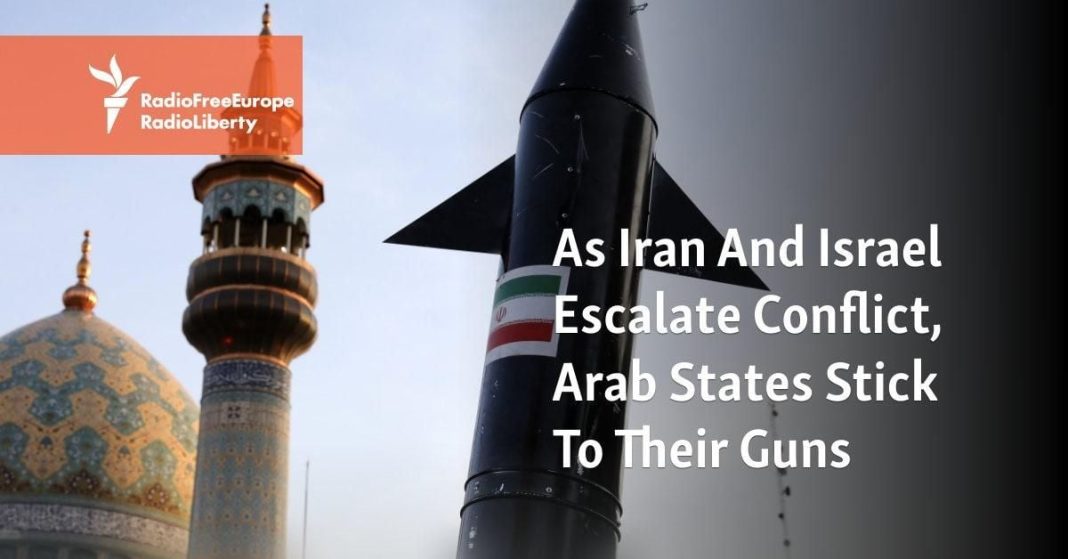Escalating Tensions: Israel’s Strikes on Iran Signal a New Chapter in Regional Conflict
In a bold and unprecedented move, Israel has launched military strikes on Iranian soil, marking a significant escalation in the long-standing conflict between the two nations. The strikes, which occurred early Saturday morning, targeted military installations across various regions of Iran and represent Israel’s first openly acknowledged military operation within the country. Israeli Defense Minister Yoav Gallant proclaimed that the Israel Defense Forces (IDF) have achieved "unprecedented successes" in altering the course of the ongoing conflict, reflecting a self-assured stance amidst rising tensions.
Prime Minister Benjamin Netanyahu echoed this sentiment, asserting that "Israel achieved all its objectives" following the attacks. This declaration underscores Israel’s calculated approach, aiming to degrade Iran’s air defenses and missile capabilities while deliberately avoiding sensitive nuclear sites to prevent immediate, larger-scale hostilities.
Despite the gravity of the situation, Iran’s initial response has been notably measured. Officials in Tehran have emphasized their right to self-defense while also acknowledging their responsibility for maintaining regional peace. An Iranian foreign ministry spokesperson stated, “We are obliged to defend ourselves,” but refrained from outlining specific retaliation plans. Analysts, such as Ellie Geranmayeh from the European Council on Foreign Relations, suggest that Iran may be willing to absorb these strikes without immediate retaliation, indicating a potential shift in Tehran’s approach to perceived threats.
On the streets of Tehran, life appears to continue as usual, with bustling markets and a populace seemingly detached from the looming threat of conflict. Local architect Danial remarked, "The economy is just the first and last concern," highlighting how domestic issues overshadow external hostilities.
However, the stakes remain high as the confrontation unfolds against a backdrop of complex regional dynamics. The ambitions of Iran and Israel intertwine with the geopolitical interests of global powers, raising concerns that external actors, particularly the United States and Russia, could become more deeply involved. Washington’s unwavering support for Israel, bolstered by pro-Israel lobbying, complicates the Biden administration’s position as it calls for restraint while Israel remains undeterred.
The intricate web of alliances adds another layer of tension. Russia’s support for Iran and its footholds throughout the Middle East could complicate U.S. involvement if the situation escalates. Russian warnings to Israel following the attacks highlight the potential for unpredictable outcomes amid entrenched hostilities.
As analysts draw parallels between current events and historical conflicts, they caution against miscalculations that could lead to broader warfare. The lessons of history suggest that the risk of escalation remains substantial, underscoring the urgent need for diplomatic efforts to manage rising tensions.
Netanyahu’s military decisions are under scrutiny as he navigates domestic pressures alongside the need for effective statecraft. Critics question whether military action serves as a distraction from governmental strife, particularly as social and economic challenges mount within Israel.
Looking ahead, uncertainty looms as experts speculate on the likelihood of renewed hostilities following the upcoming U.S. elections. Should Israeli operations resume, they may intensify post-election, especially if Netanyahu feels compelled to act decisively after a period of relative restraint.
With multiple crises intersecting—ranging from the situation with Hamas to Iranian aggressions and U.S. interests—the region remains poised for unpredictable shifts. Israel’s bombings may not signify an end but could instead escalate existing tensions, fueling cycles of retaliation and defense between Iranian and Israeli forces.
As this chapter of conflict unfolds, analysts stress the importance of vigilance and prudent action from all parties involved to navigate this precarious landscape without spiraling into greater chaos. The world watches closely, aware that the consequences of these actions could reverberate far beyond the borders of Israel and Iran.



